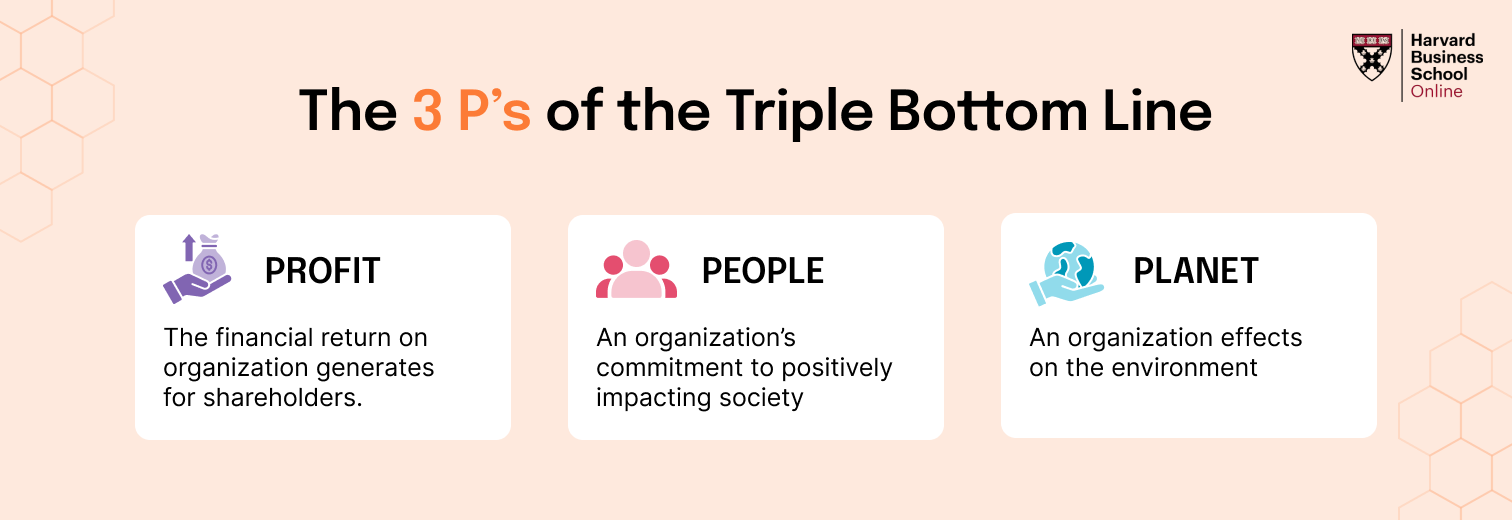In his insightful book, Leaders Eat Last, Simon Sinek delves into what makes great leaders and organizations thrive. He emphasizes the importance of trust and empathy in creating a culture where employees feel safe, valued, and motivated to perform at their best. This blog post will explore the core concepts from Sinek’s book and how neurotransmitters like oxytocin, serotonin, dopamine, cortisol, and adrenaline play a pivotal role in leadership dynamics and team performance.
The Neuroscience of Leadership: Understanding Neurotransmitters
One of the most intriguing aspects of Leaders Eat Last is its exploration of neuroscience and how different neurotransmitters affect leadership and organizational culture.
- Oxytocin: The Trust Hormone in Leadership DevelopmentOxytocin, often called the “love hormone,” is fundamental in building trust and social bonding. Leaders who focus on creating a culture of trust—whether through regular team catch-ups, in-person or virtual—can stimulate oxytocin release among their team members. This leads to increased cooperation, loyalty, and a positive organizational culture. In leadership development, fostering an environment that encourages social bonding and collaboration is key to enhancing team performance.
- Serotonin: Boosting Employee Satisfaction and Organizational EffectivenessKnown as the “feel-good” neurotransmitter, serotonin is crucial for feelings of well-being, happiness, and social status. Leaders who create a supportive and positive work environment where employees can thrive help boost serotonin levels, which directly impacts job satisfaction and motivation. This is essential for organizational effectiveness, as motivated employees tend to be more productive and engaged.
- Dopamine: Encouraging High Performance Through Recognition and RewardsDopamine, the “reward” neurotransmitter, is released in response to achievement and success. Recognizing and celebrating small wins—such as a successful client negotiation, a well-executed workshop, or the completion of a critical task—can trigger dopamine release, reinforcing positive behaviors and fostering a high-performance culture. This is why recognizing and rewarding employees is so vital in leadership strategies focused on growth and excellence.
- Cortisol: Managing Stress for Better Decision-Making and Employee Well-beingCortisol, the “stress hormone,” is released during times of anxiety and pressure. High cortisol levels can lead to burnout, reduced productivity, and impaired decision-making. Effective leaders understand the importance of managing stress within their teams to prevent burnout. By creating great teams and promoting a supportive environment, leaders can reduce cortisol levels and ensure that employees remain focused and effective even under pressure.
- Adrenaline: Balancing the Fight-or-Flight Response in Team DynamicsAdrenaline is associated with the “fight-or-flight” response, which can be beneficial in short bursts but detrimental if prolonged. In high-stress scenarios, such as a “code red” workshop, adrenaline can help teams focus and perform. However, chronic stress needs to be managed to prevent burnout and ensure sustained performance.
Key Takeaways for Leadership and Team Building
Leaders Eat Last provides several valuable lessons for those in leadership roles:
- Trust is Essential: Building trust is foundational for a thriving team culture.
- Empathy Matters: Understanding and empathizing with team members can drive engagement and commitment.
- Create a Positive Environment: A positive work environment enhances neurotransmitter activity associated with happiness and motivation.
- Recognize and Reward: Acknowledging achievements fosters a high-performance culture.
- Manage Stress: Balancing stress levels ensures teams remain productive and resilient.
Conclusion
Leaders Eat Last is a powerful reminder that effective leadership is not just about making decisions but also about creating an environment where trust, empathy, and recognition are prioritized. By understanding the science behind human behavior and leveraging these insights, leaders can cultivate high-performing teams that drive organizational success.










